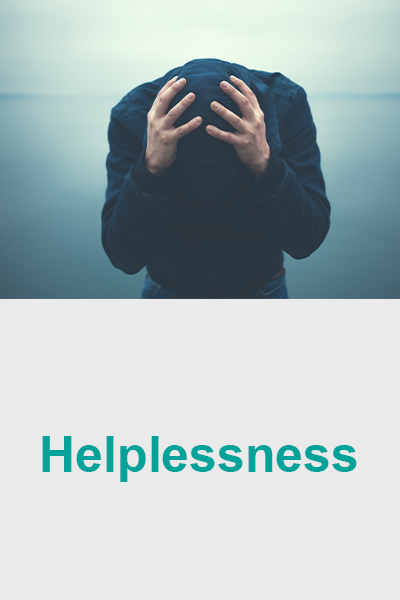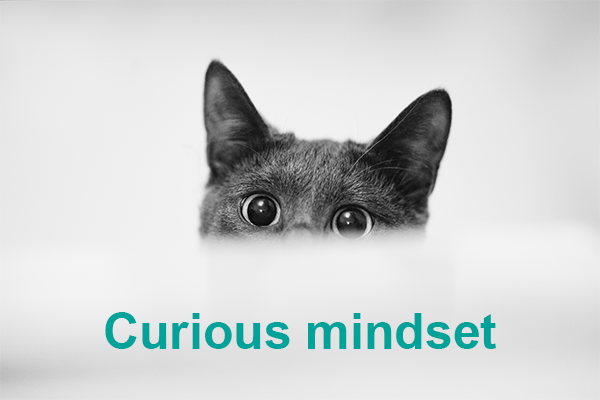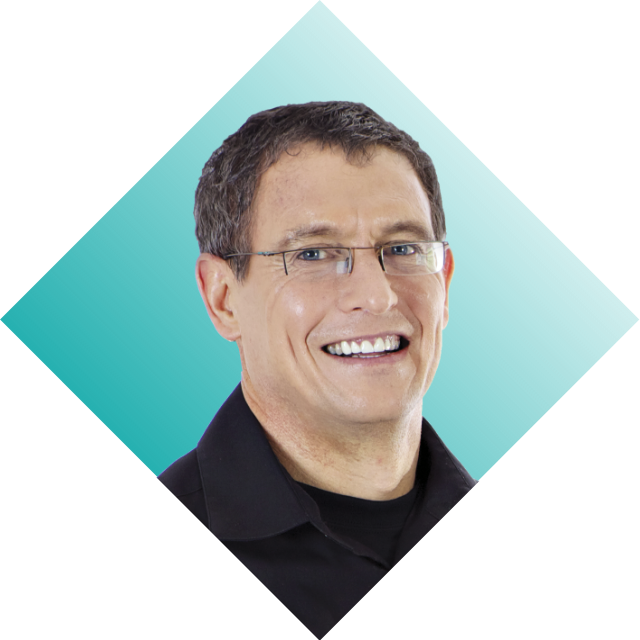Exhausted by today’s uncertainty and life and work pressures? Turn Surge Fatigue into High Performance by accessing new tools and building new habits.
You’re not alone. After a year of turmoil and disruption, with realistic solutions still on a distant horizon, we’re feeling destabilised, fragile, emotional. We may feel our decision-making and idea-generating capabilities eroded or significantly compromised.
“Citizens have made huge sacrifices. It has come at an extraordinary cost, which has exhausted all of us, regardless of where we live, or what we do.”
Dr. Hans Kluge - Director for World Health Organisation Europe
Psychologists call this ‘Surge Fatigue’, or ‘Post-surge Fatigue’
We all have a capacity to cope with a period of stress, anxiety, or shock. In the early phase of crises, or challenges such as Covid-19, we use surge capacity to keep functioning as normally as possible. Our reserve depletes as the crisis period extends. Now, in the rebound of Covid’s second wave and with entire economic sectors at risk, many people around the globe have reached the limits of their capacities.
This may be particularly discomfiting for high achievers. Their problem-solving skills can’t be applied to address circumstances beyond the scope of their experience or knowledge. Their dynamism is ineffective when part of the legally-mandated medical strategy is drastically reduced interpersonal contact.
"Personal attributes which have created success in the past can no longer be relied upon."
Weariness breeds a danger: apathy
We should be careful to avoid slipping into a discouraged or disengaged mental state, a descent into apathy referred to in academic literature as ‘learned helplessness’. This 2007 recording of an informal classroom experiment shows how we are prone to this, and how quickly it can set in.
The clip captures the dynamic when half the learners, unaware of the unsolvable nature of their assignment, are discouraged into surrender within five minutes.
They see classmates rapidly accomplishing what they believe is the same task – but their colleagues actually have a different, doable, simple question.

Losing perceptiveness
Another thing to watch out for is how Surge Fatigue may cause us to forfeit open-mindedness in our thinking. Some of our basic assumptions about work, our routines, and the way we socialise, have been stripped away.
"In trying to remodel our thinking we are up against our hardwired system of culture of origin and beliefs."
But attachment to beliefs can be devastating for decision-making

Beliefs are hefty. They sometimes skew motivations, compromise common sense, cause logic to be defied. Think of how we prioritise, even seek out, information that confirms our viewpoint. Or consider how we may apportion more significant validity to the most recent news. We are also subject to the anchoring effect, rooting evaluation in a familiar rather than a more relevant context.
In weighing the past, behavioural psychologists and economists point out that we consistently compromise perceptions of value. Multiple cognitive biases are at play, and we may be particularly susceptible in times of uncertainty or volatility.
"The past is often a poor way to frame current decisions."
Certain habits may no longer be serving us
To change our behaviours appropriately – to replenish our surge capacities and raise our performance through these challenges – we may need to adopt new habits. There are four levels to this: clarifying the cues and motivations underpinning our habits, what our habitual responses and actions involve, pinpointing the rewards which close the loop of a habit, and – perhaps most important – understanding our identity.
The last is powerful because it can refocus our behaviours towards the kind of person we hope to be, rather than a specific result. For example, expressing a desired behaviour change as ‘I am a reader’ rather than ‘I want to read more’ is likely to achieve a more effective, sustained impact.
Achieving optimal results in changing habits requires dedicated attention on all of the four levels. Each is tricky in its own way – the subject of another blog, perhaps. But, by focusing on appropriate behavioural shifts, we can break patterns of thinking that may no longer be adequate in extraordinary times, and reenergise against stifling Surge Fatigue.
The good news is that we can forge new mental muscles, tools and abilities
"It helps to accept the situation."
This goes deeper than understanding that there is a ‘new normal’. Instead, agility is liberated when there is a letting-go, freeing mental space and energy to be directed constructively. Like the concept of Wu wei in Daoist Chinese philosophy, meaning effortless action, passivity which incorporates a coiled, poised position of readiness. Like bamboo, which thrives by abandoning resistance – and so grows immensely tall and remarkably strong in almost any environment.
Another way of looking at this is to ‘Confront the brutal facts’, a tenet popularised by leading business writer Jim Collins in his Stockdale Principle. Named after US Admiral James Stockdale who led fellow captives to survive a Vietnamese POW camp, the principle is to confront reality yet simultaneously never lose belief in the ability to ultimately prevail.
Embrace duality. Hope and plan for more predictability and stability. But try, also, to focus in the strange, stressful here-and-now. Binary thinking creates more anxiety in situations where there are no black-and-white answers. A habit of successful companies, matched to our current times, is to pursue more than one approach to strategic thinking and problem-solving. This can apply to us individually, too, if we practise the habit of embracing ambiguity.

A curious mindset may help. Fatigue is often alleviated when we focus on learning something new. When we develop the habit of appreciating knowledge we build our self-efficacy and resilience. This ties in with another principle of success of visionary companies: they incubate and experiment simultaneously with many ideas in their quest for breakthrough or blockbuster ones.
Try to redirect motivations and demands. Goals remain crucial. But resolve to consciously shift from an internal expectation that every moment of the day requires achievement. Small wins become more important.
Practice ‘Centeredness.’ This is the ability, acquired through learned practice, to apply a set of physical and mental skills that help create a state of greater mindfulness. Bain argue persuasively that by developing the ability to ‘settle’ into our physical bodies and thereby mitigate the automatic ‘fight, flight, fright’ response, ‘sense’ our felt emotions and thereby begin better managing a response, and ‘shift’ into a position of neutral observation and thereby better control our responses, we are better placed to choose improved responses and decisions. They go further too, suggesting that ‘Centeredness’ is a requirement today to inspire others. They reference studies that show a direct correlation between centeredness and organisations that have improved performance, lower emotional exhaustion and higher satisfaction with work-life balance amongst their employees.
Help others. As a form of positive action it re-instils control. In demonstrating empathy it re-roots a sense of togetherness.
Don’t overthink. A fascinating series of new studies by a Harvard University team, including renowned social psychologist Daniel Gilbert, concludes that “as the prevalence of a problem is reduced, humans are naturally inclined to redefine the problem itself.”
Decrease the size of the task. Tim Harkness, Head of Sports Science and Psychology at Chelsea Football Club, argues that it’s crucial to separate motivation from pressure. One way to increase motivation is to increase the size of the reward. The other way is to decrease the size of the task, including the perception of the task.
Play to your strengths. It may be useful to be conscious of our special capabilities. Capitalise on those, to better delegate to others where they have complementary skills. Moreover, the sense that we can play Rambo in a crisis is a sure-fire recipe for disaster.
“Never let a good crisis go to waste”
A quip attributed to Winston Churchill, the point is crystal clear…
"A crisis is an opportunity for drastic action or pivotal change.
Crises – in work-life, personal life, from a business or national perspective, or even a physical danger, often hit us at watershed moments. And they drain our surge capacity, not least because they shock us into a realisation that our world-view is inadequate to encompass the new situation.
So, as a crisis causes boundaries to blur, this can be interpreted as an invitation to outgrow the existing vision of self and the world. It’s an opportunity for positive change.
It may not be easy, but by accessing some new tools and building some new habits we may be able to turn Surge Fatigue into future High/er Performance, for ourselves and our organisations.

